Page 6
Category: News
-
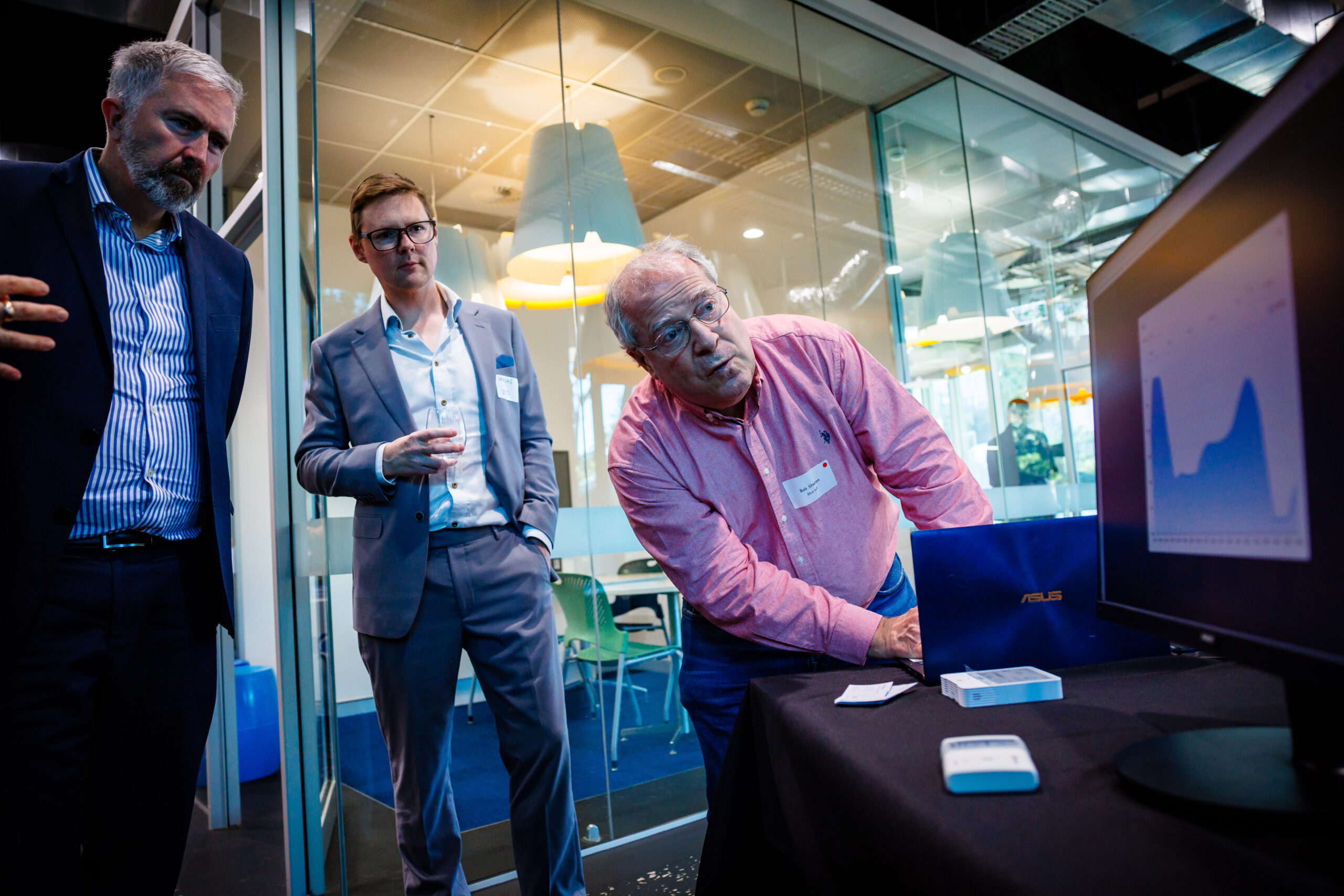
Standards on indoor air measurement open for comment
Public comment is open on AS 16000.1 and AS 16000.34, which deal with sampling strategies for indoor air, and measurement methods for airborne particles.
-
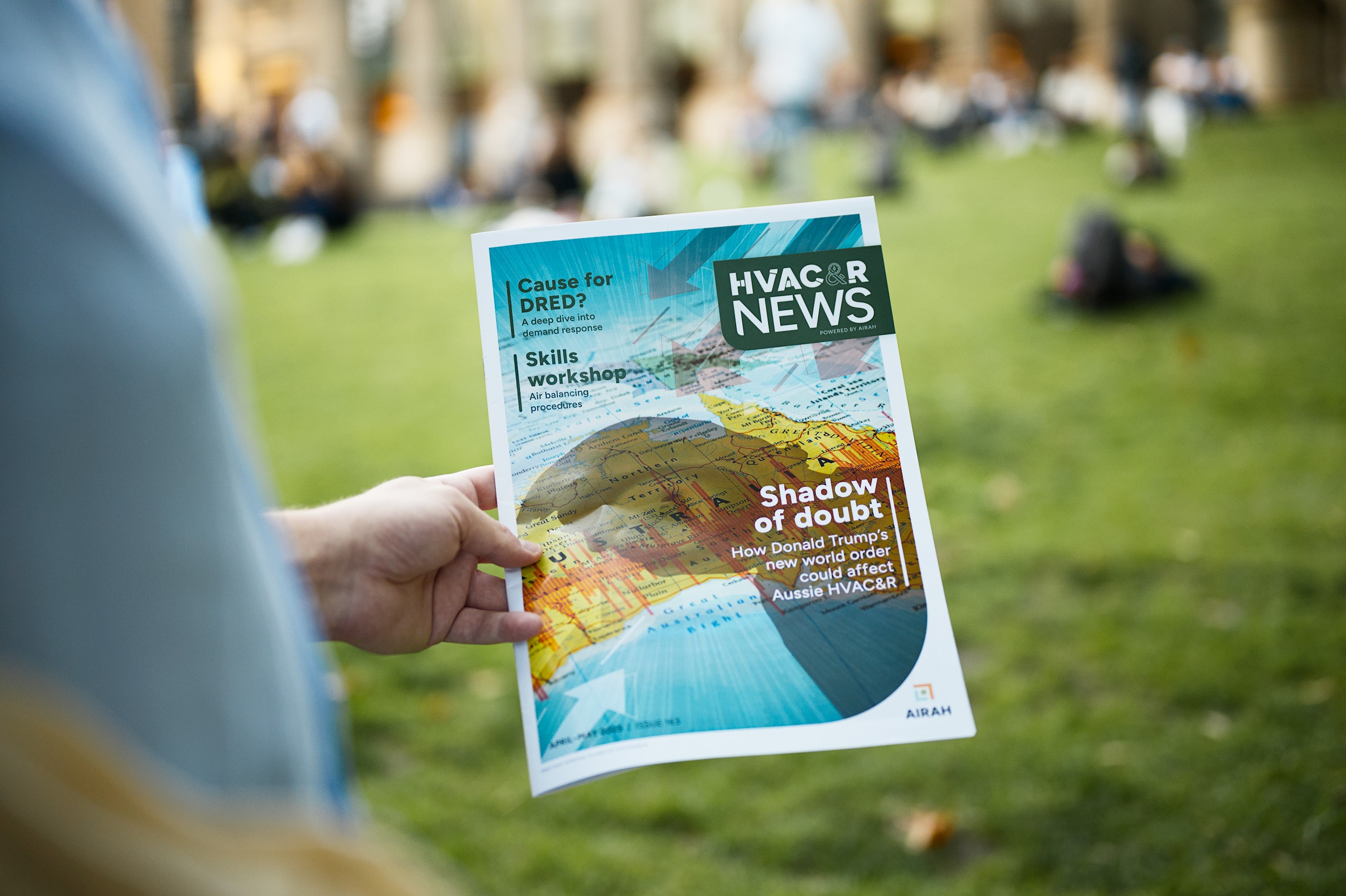
Welcome to the new-look HVAC&R News!
AIRAH has launched new and improved versions of HVAC&R News both in print and online.
-

Sydney Legionnaires’ outbreak claims one life
An outbreak of Legionnaires’ disease in Sydney’s CBD has resulted in tragedy, with one person losing their life and a further 11 infected.
-
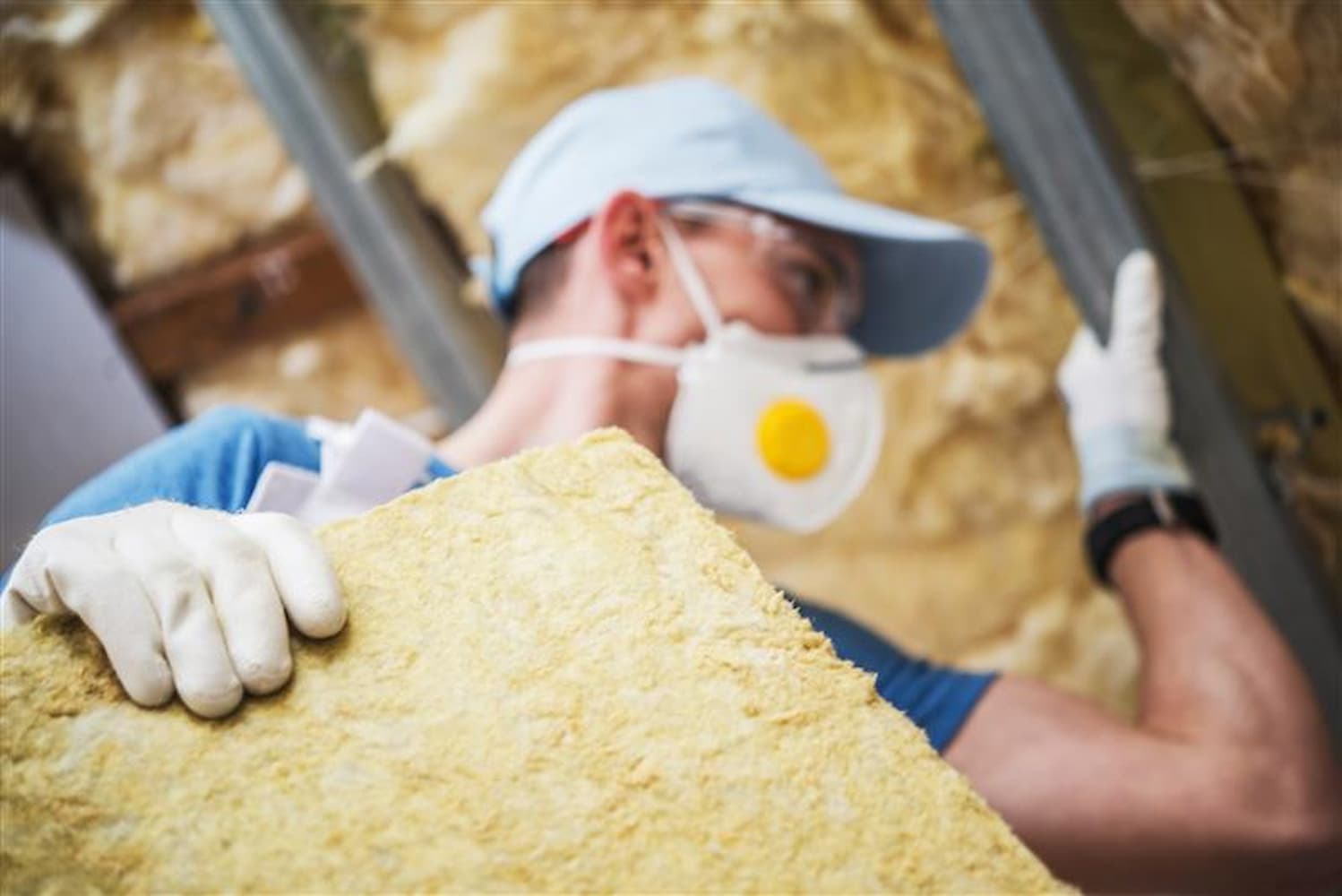
VEU to provide insulation rebates
The Victorian government has announced that it will subsidise residential ceiling insulation through the VEU program from 2026.
-
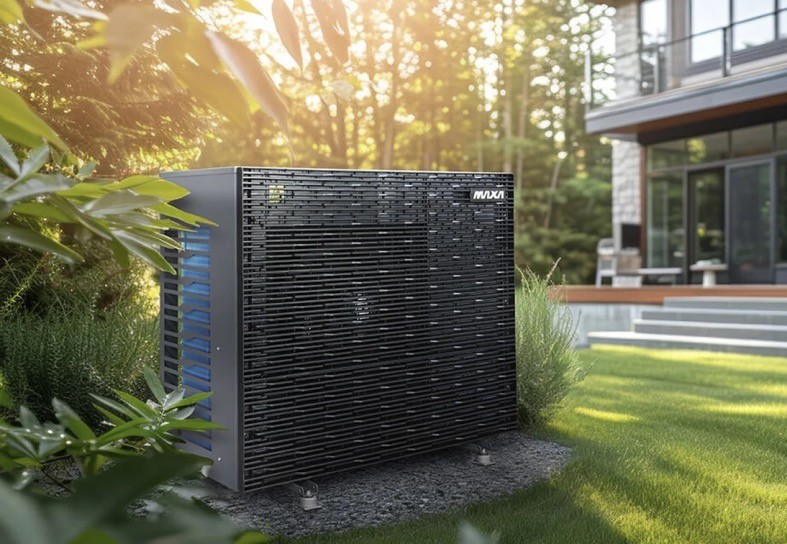
Next Cycle opens for business, offers Maxa products in Australia
Next Cycle has launched in Australia, delivering residential, commercial and industrial HVAC and hot/chilled water solutions.
-
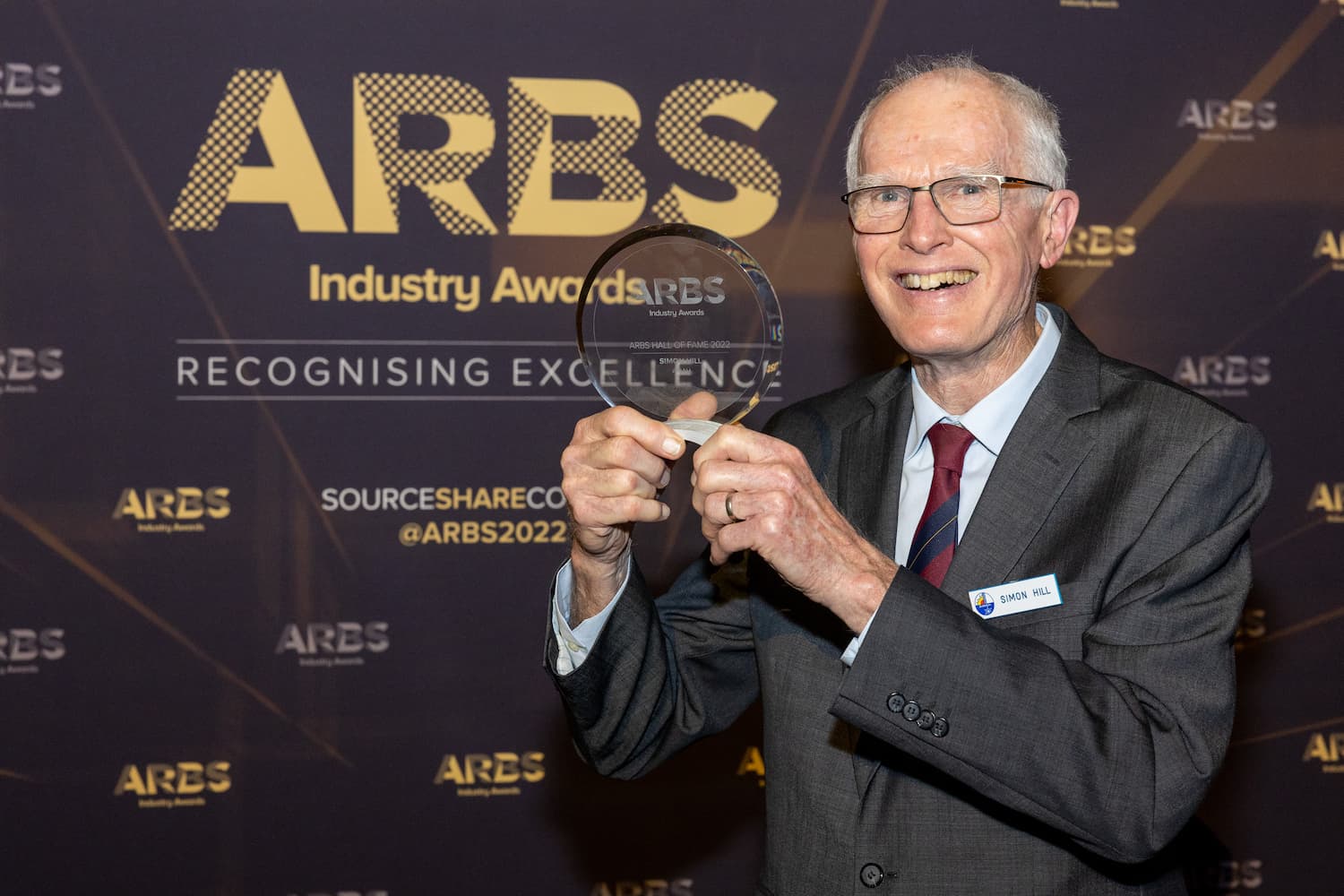
A tribute to Simon Hill, L.AIRAH
AIRAH sends its condolences to the family of Simon Hill, L.AIRAH, who passed away on April 3. Throughout his career, Simon was a major contributor to the Australian HVAC&R industry. His many achievements include developing and presenting training seminars on ventilation, fire and smoke control and fire damper installation on behalf of AIRAH, CIBSE and the AMCA, as well […]
-
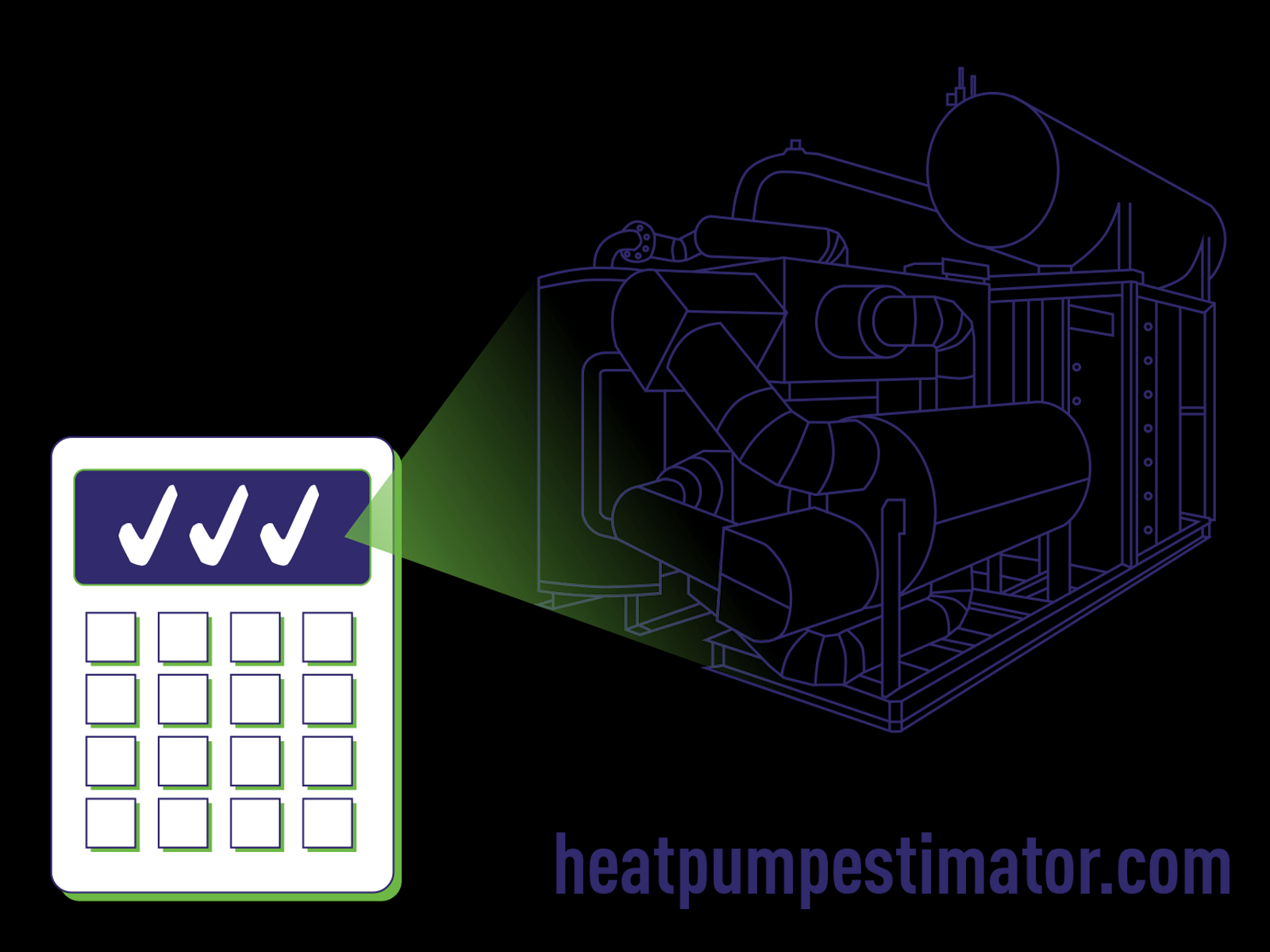
A2EP launches updated Heat Pump Estimator
The Australian Alliance for Energy Productivity (A2EP) has launched an expanded and updated version of its online Heat Pump Estimator.
-
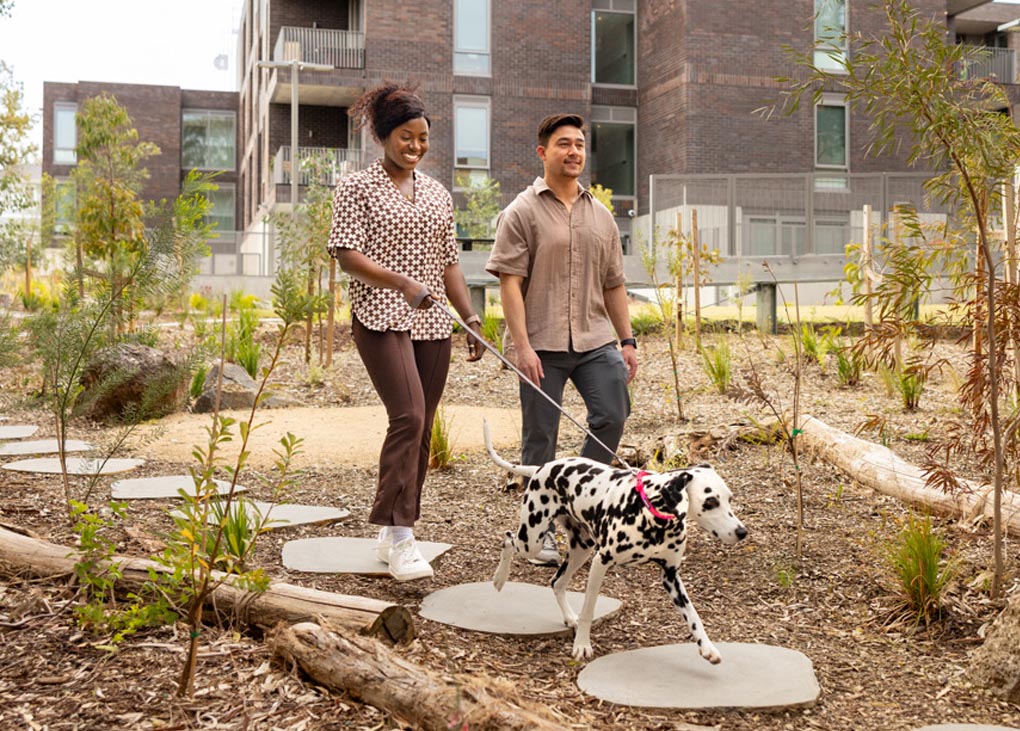
Victoria consulting on new regulations for apartments
The Victorian government has released a RIS on the introduction of building reforms for new apartment buildings.
-
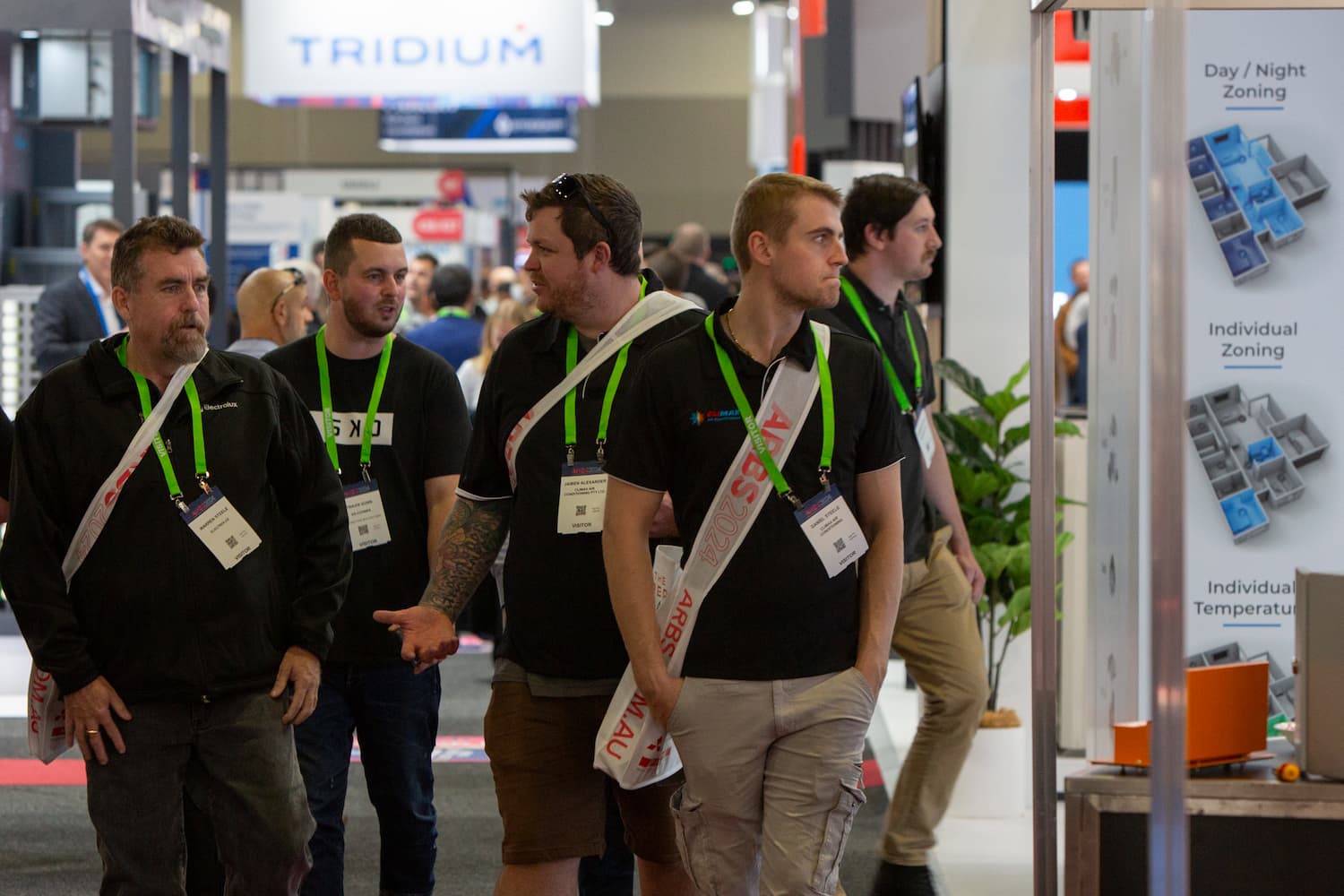
Registrations open for ARBSQLD
Registrations are now open for ARBSQLD, to be held at the Brisbane Convention & Exhibition Centre (BCEC) from 27–28 August 2025.
-
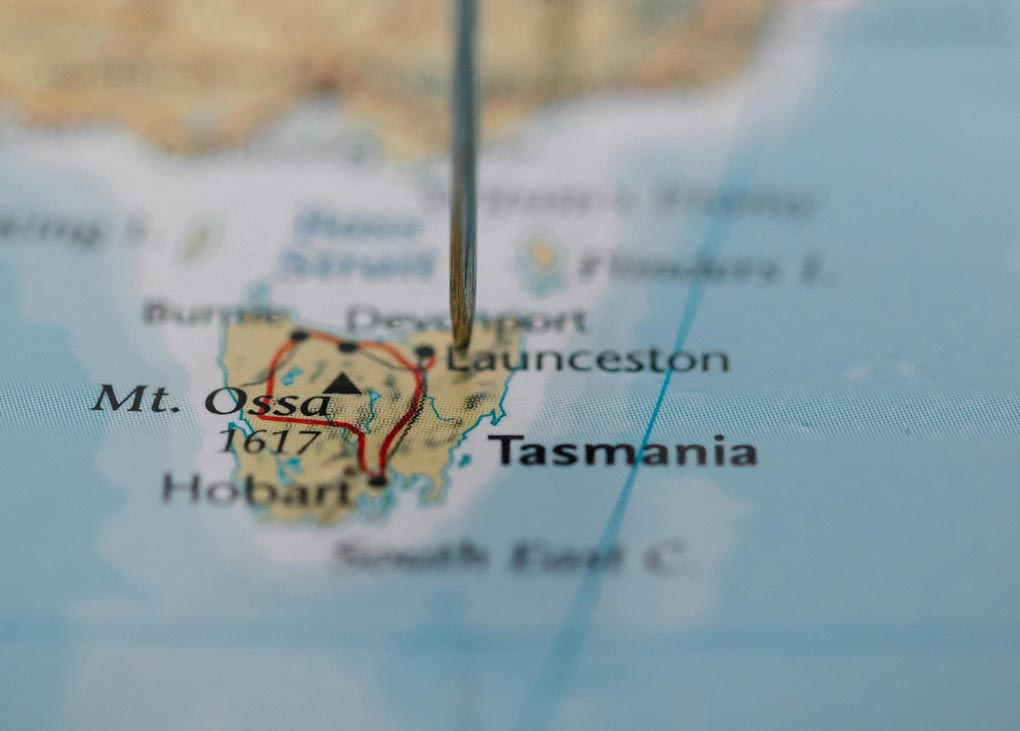
All eyes on Tasmania for licensing reform
In recent weeks Tasmania has attracted major interest from around the country because of its licensing framework for refrigeration and air conditioning technicians.
-

ASHRAE calls for Winter Conference abstracts
ASHRAE is accepting abstract submissions for the 2026 Winter Conference to be held in Las Vegas, from January 31 to February 4, 2026.
-
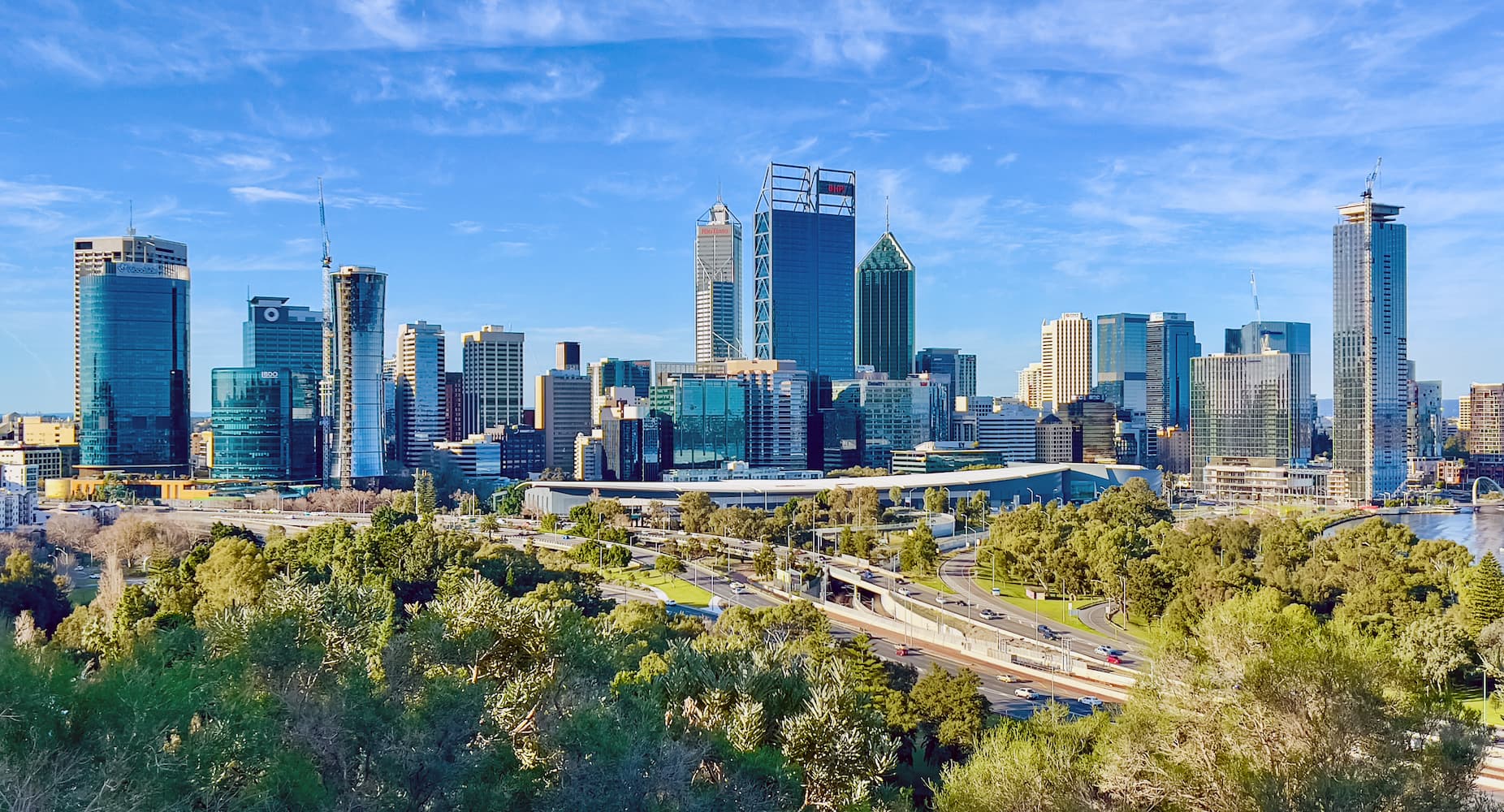
Mitsubishi Heavy opens Perth branch
Mitsubishi Heavy Industries (MHI) has opened a branch office in the Western Australian capital of Perth.
-
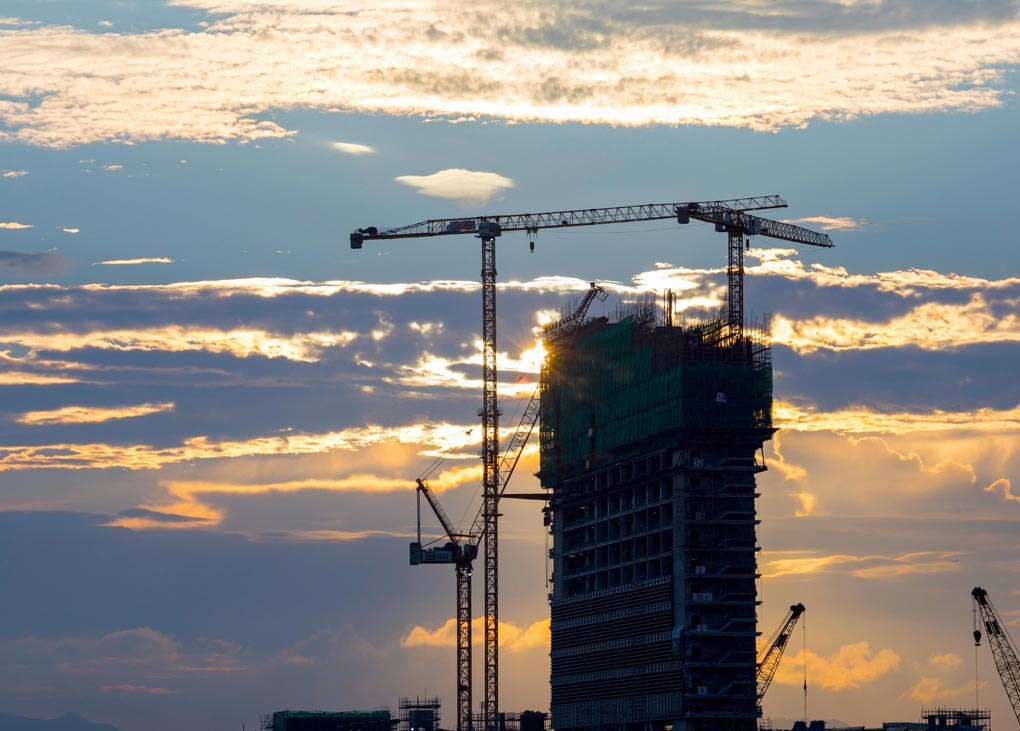
ABCB announces quick-fire NCC 2022 amendment
The Australian Building Codes Board (ABCB) has published an amendment for the 2022 edition of the National Construction Code (NCC).
-

AIRAH Big Data STG launches survey on data challenges
AIRAH’s Big Data and Analytics STG has launched a survey to better understand the use of data, and the challenges practitioners face.
-

Aurecon appoints Todd Battley as Australia CEO
International design, engineering and advisory company Aurecon has appointed Todd Battley as its new Chief Executive for Australia.
-
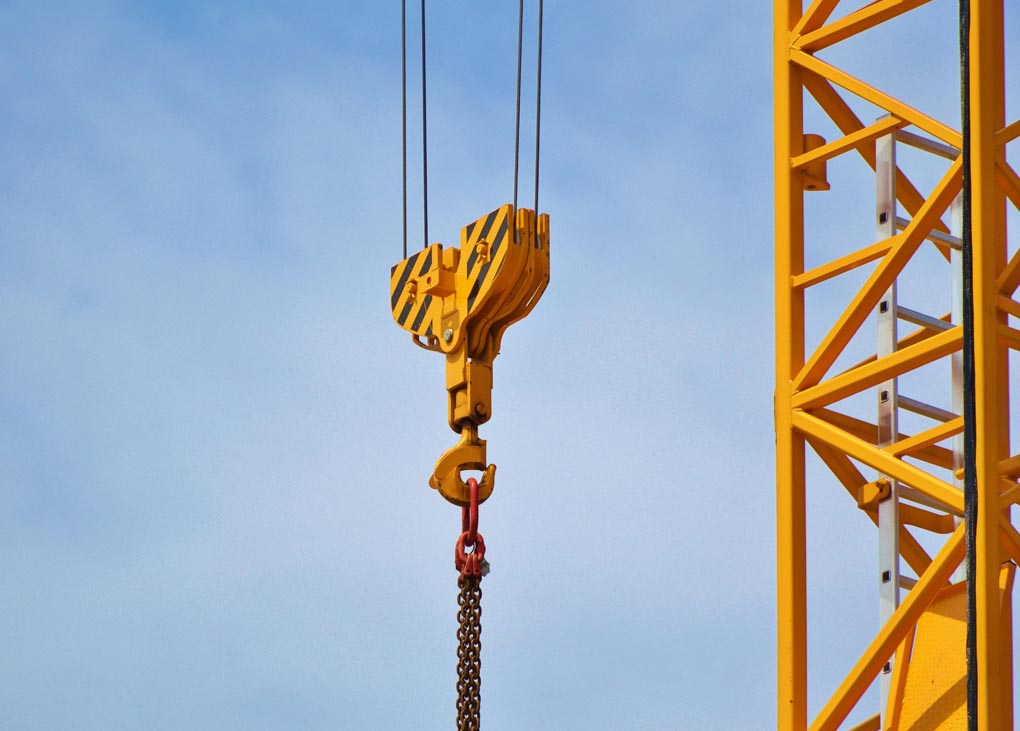
ABCB confirms delay in NCC 2025
The ABCB has confirmed that the 2025 edition of the NCC will not be published in line with the usual timetable, in May.
-

ASBEC releases roadmap for reducing embodied carbon
The Australian Sustainable Built Environment Council (ASBEC) has released a policy roadmap to reduce upfront embodied carbon in the built environment.
-
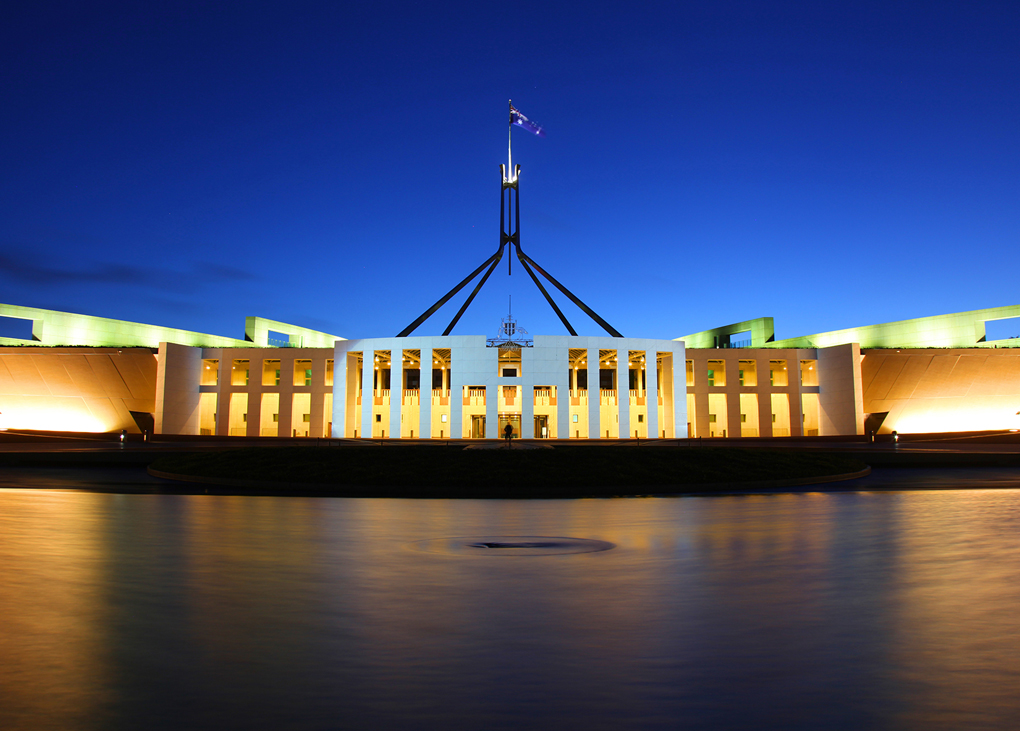
Finding the real wins in an election-focused Budget
AIRAH has noted the positives in an election-focused Federal Budget 2025-26, while also signalling missed opportunities.
-

Reliable Controls appoints new business development executive
Reliable Controls has appointed Vince Dunn, M.AIRAH, as Business Development Executive for Australasia, after 12 years at IES Automation.
-
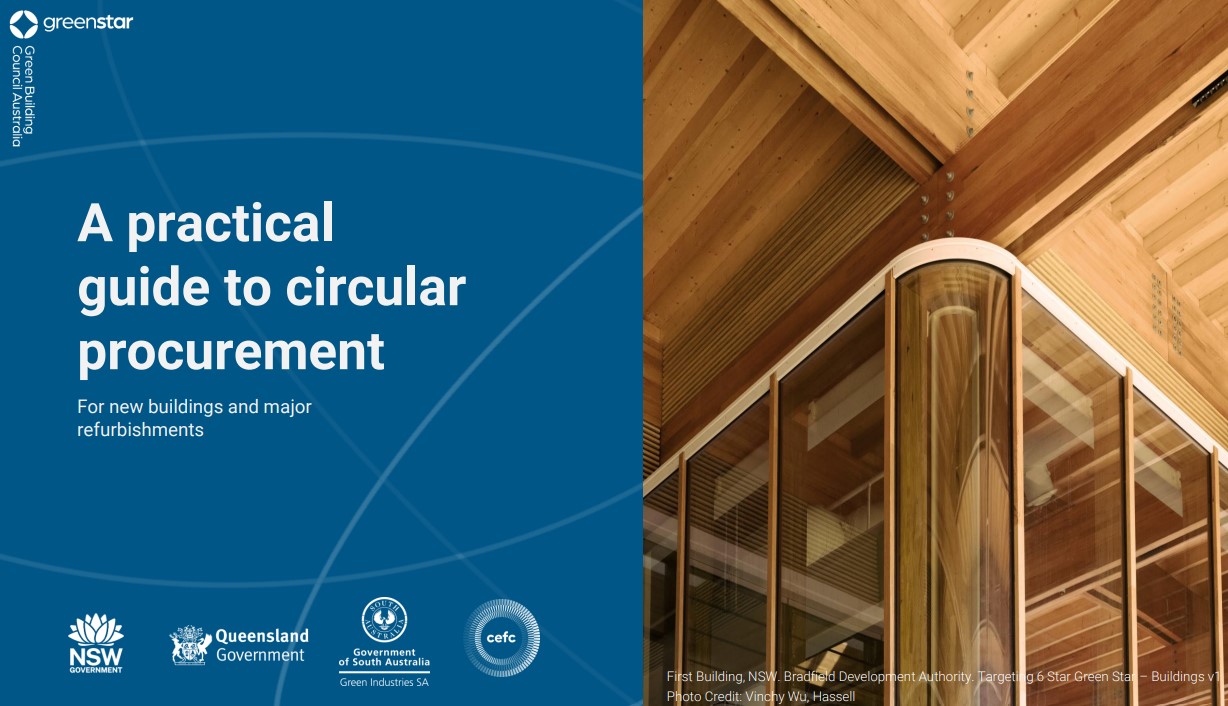
GBCA and GHD launch free circular economy guide
The GBCA and GHD have launched a free guide to turning circular economy principles into real-world applications.